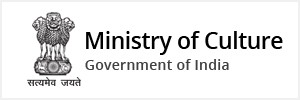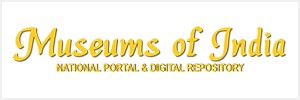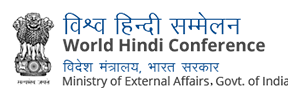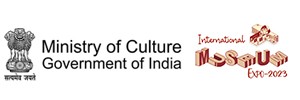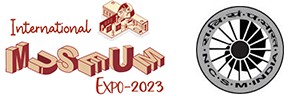Today, Science City, Kolkata organised a Popular Science Lecture on “Recent Applications of Biotechnology and Biomedical Engineering in improving the Air Quality and Medicine”. The lecture was delivered by Dr. Nabarun Ghosh, Professor of Biology and Advisor for Biology Education, Department of Life Earth and Environmental Sciences, West Texas A&M University, Canyon, Texas.
While welcoming the guest Shri K.S. Murali, Director-in-charge, Science City, Kolkata said- ‘Science City has been engaged in communicating science to the people and developing scientific temper in the society, we thought to organise a lecture on the ‘Applications of Biotechnology and Biomedical Engineering in improving the Air Quality and Medicine’ to spread awareness on the issue. This is a very much relevant topic having a wide implication on the lives of people. In Kolkata also, we are facing a problem of air pollution. Dr. Ghosh is one of the well-known experts in the field with more than 30 years of research experience. I hope this lecture will be useful for the students, teachers and public present here’.
Dr. Ghosh said in his lecture - ‘Aerosols, including Particulate Matter 2.5, are the culprits of many allergic reactions and respiratory syndromes. Particulate Matter 2.5 is present in heavily polluted areas such as southern Californian cities, New Delhi, China and New York. Based on studies from clinics and hospital admissions, PM2.5 has been positively correlated with increased cases of allergic rhinitis, asthma, bronchitis, allergic pharyngitis and many others.’.
He also elaborated on the importance of indoor air quality. He said- ‘Studies show 56% of our energy comes from the air we breathe which is more than food and water combined. On average we spend over 85% of our time indoors, therefore indoor air quality is essential for good health and for preventing the spread of disease. Due to having a diameter of only 2.5 micrometres, the particulate matter, often not visible to the human eye, is inhaled and cause irritation to the lungs. Many big cities in the world contain PM2.5 concentrations much higher than the permissible limit described by the National Ambient Air Quality Standards (NAAQS). Particulate Matter 2.5 is composed of metals and products from fuel combustion’. He further informed about the application of Biotechnology in improving the Air Quality. He cited an example of how a Nanotechnology research product was developed and that could be used for the improvement of the indoor air quality.
Since 26th June is the Anti-Drug Abuse Day, he also discussed the perils of smoking and current status of smoking including the molecular basis of drug addiction. After the lecture students interacted with Dr. Ghosh and got reply to their queries.
Shri Subhabrata Chaudhuri, Director, Science City, Kolkata said – “Science City has been planning to arrange lectures of noted scientists and organising other engaging programs throughout the year for the public in general and students in particular”.
About Dr. Nabarun Ghosh:
Dr. Nabarun Ghosh has obtained two Ph.D. Degrees, Ph.D. in Cytogenetics (Botany) from the University of Calcutta, India, and Ph.D. in Biology from the University of North Texas, Denton, Texas. He had a Post-Doctoral experience from the Baylor College of Medicine, Houston. He has been teaching at the West Texas A&M University for 19 years and has been involved in research for more than 30 years. Dr. Ghosh’s research area includes: Cytogenetics, Biotechnology, Plant Pathology-Virology, Mycology, Allergenic and Pathogenic Fungi, Electron Microscopy, Tissue Culture, Aerobiology, Air and Water Quality.
He served as the President at Texas Society for Microscopy. He is a member of the American Academy of Allergy, Asthma, and Immunology (AAAAI) and 15 other scientific societies. Dr. Ghosh has received 12 awards from the West Texas A&M University and Texas A&M University system: Distinguished Graduate Faculty Award in 2007 and the Texas A&M University Systems’ Chancellor’s Teaching Excellence Award in 2010 and 2011 and the Attebury Honors Medal (2016) are some of them. Dr. Ghosh’s Laboratory works on the daily aeroallergen index of the Texas Panhandle area for the Channel 4 and 7 TV news.





